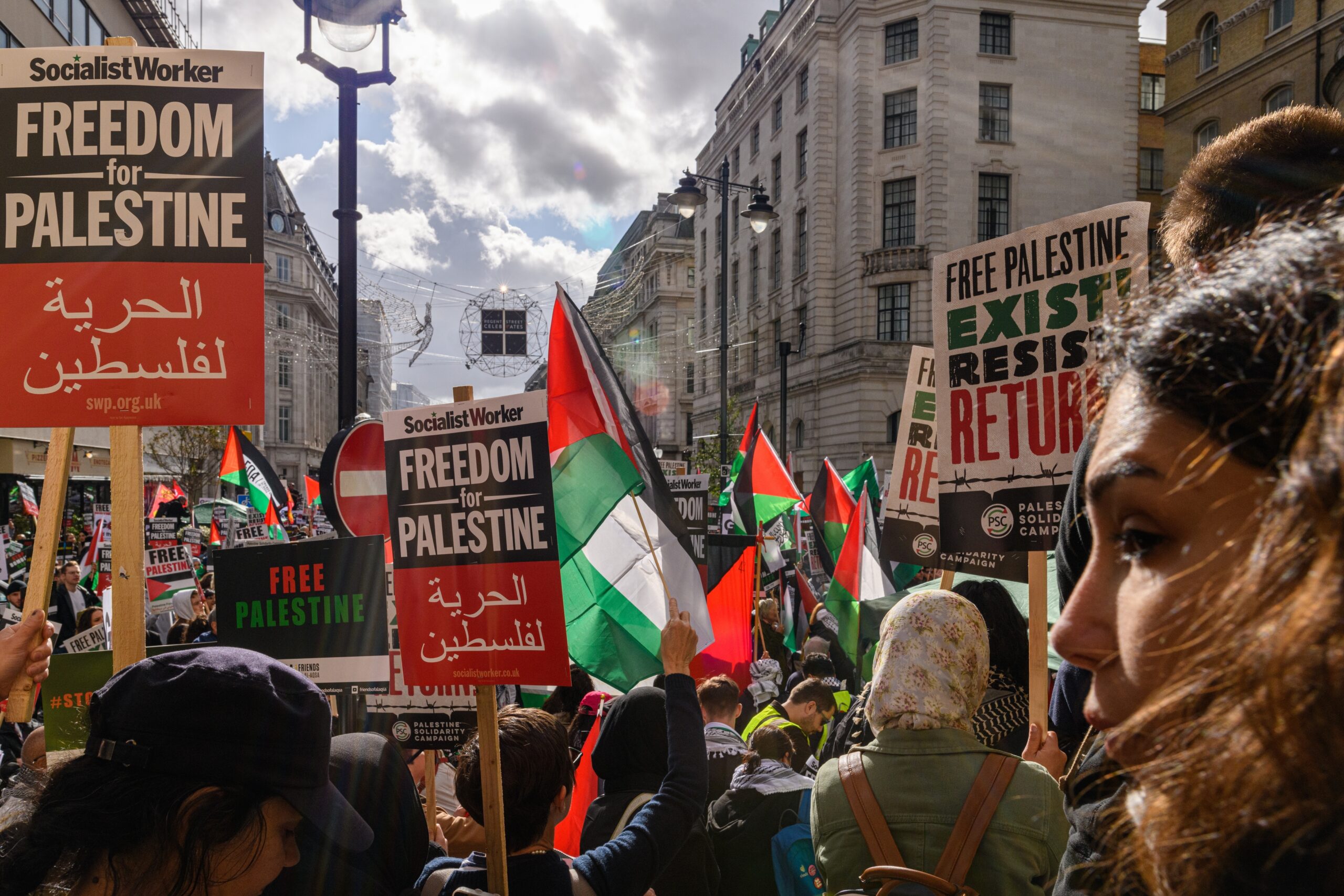Recently, a group of demonstrators in Greece faced severe legal measures, including deportation, following their participation in disruptive protests against Israel. These events unfolded amidst the ongoing conflict between Israel and Hamas in Gaza, sparking a series of demonstrations supporting Palestine in various parts of the world, including Greece.
Detention and Deportation Details
A significant protest occurred at the University of Athens School of Law last month. As a result, nine European nationals from Germany, Britain, France, Italy, and Spain are set to be deported. These individuals were part of a larger group of 28 people, both Greek and foreign, detained for “disrupting the operation of a public entity and aiding in damaging foreign property,” according to court documents. Despite the charges, the protesters have denied any wrongdoing.
Evidence and Legal Defense
The items collected at the scene include leaflets, Palestinian flags, smoke flares, gas masks, helmets, paint cans, and banner poles. Additionally, a statement was found on websites in Greek and English, urging more people to join the protests. While the Greek protesters were released pending trial, the nine foreigners remain in custody, awaiting an administrative decision on their deportation. “The deportation orders issued will prevent the defendants from attending their trial,” stated lawyers Ioanna Sioupouli and Anny Paparoussou. Vassilis Papadopoulos, representing a 33-year-old Spaniard, described the decision as “arbitrary and illegal.”
Legal Changes and Broader Context
In 2019, Greece’s conservative government scrapped a law prohibiting police from entering universities, arguing that the legislation was used as a cover for lawlessness. Demonstrations in support of Palestinians, similar to those in the U.S., have swept Greece in response to Israel’s ongoing war with Hamas in Gaza.
The case of these demonstrators highlights the tensions and legal challenges that arise in international protest contexts. With appeals in process and a growing public debate, this incident underscores geopolitical divisions and the complex interactions between local law, protesters’ rights, and international diplomacy.







